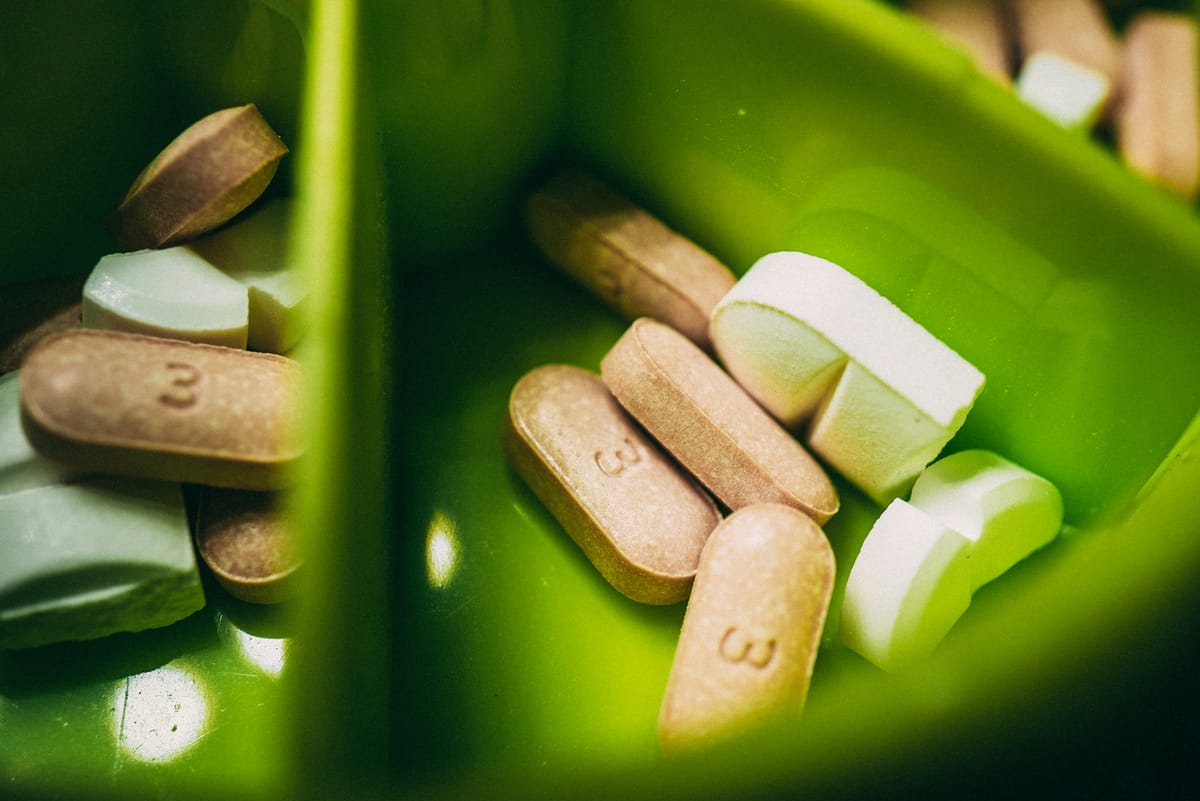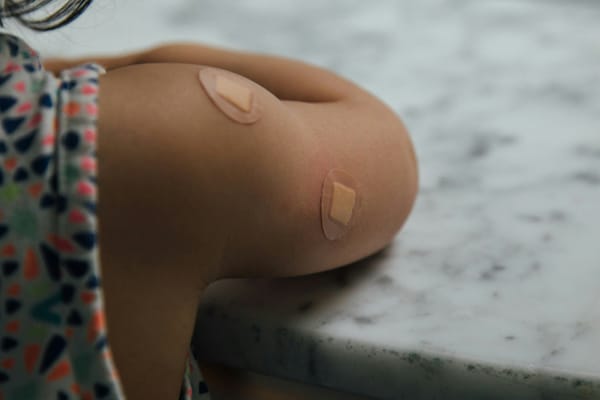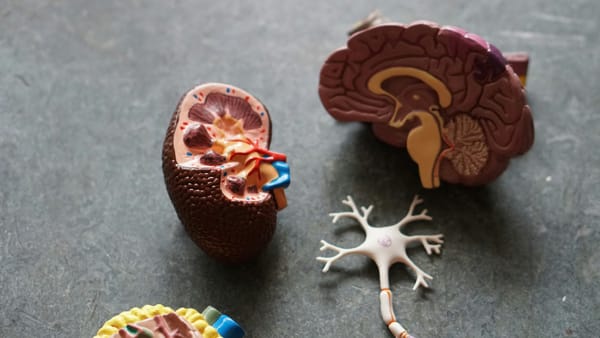Balancing Affordability and Safety in the Generics Industry

India has sought to become the “pharmacy to the world” by becoming the largest global producer and exporter of affordable medicine (generic drugs). Its pharmaceutical industry is worth over $50 billion with medicines exported to over 200 nations and “the highest number” of U.S. FDA compliant plants producing high-quality medicines outside America. In the field of generic drugs which accounts for more than 90% of all prescriptions dispensed, the U.S. has been increasingly reliant on imports from India and China which grew to account for 57.6% of total pharmaceutical imports by weight in 2023. Even though the current administration has acted to reduce reliance on Chinese drug-manufacturing factories after the pandemic, report has shown that India’s largest generic drug exporter by volume to the U.S., Aurobindo, still obtains 55% of its raw materials for API from China. Some of its generic drugs to treat HIV like lamivudine still heavily relies on raw material produced in China. However, this growing partnership may create serious risks to national security due to supply chain disruption and patient safety due to tainted drugs as a result of regulatory oversight. Despite the safety concerns of poorly regulated offshore generic drugs industry, there are also good side to it. To provide affordable medicine for people living with HIV, India has opposed key HIV drugs (dolutegravir and cabotegravir) manufacturer pharma company’s (joint venture by Pfizer and GSK) attempts to secure patents. This helps ensure the generic drug production and makes the first-line HIV treatment affordable to its people and those in the Africa where the drug is exported to.
Why generic drugs in the first place? A branded medicine is developed by its inventor company and is patented and sold under a brand name. When the patent or other exclusive rights expire, a generic drug may be manufacturer without a license from the inventor company provided it shows bioequivalence with the inventor’s product. The Hatch-Wasman Act passed in 1984 encouraged the manufacture of generic drugs to make drugs more available and affordable. Generic drug manufacturer files for an abbreviated new drug application (ANDA) for getting approval for their generic drug which only asks for demonstration of BE and does not require safety adverse effectiveness test, thus eliminating the cost of drug discovery and preclinical and clinical trials. Among the generic drug approvals, the First Generic Drug Approvals are particularly important in reflecting the scientific and regulatory advice on first-time generic alternatives to a branded drug to promote public health. In 2023, FDA approved the first complex generic drug Vivitrol used to treat alcohol dependence and prevent opioid dependence relapse. Complex brand name drugs have complex active ingredients, formulations, dosage forms, or routes of administration, or are complex drug-device combination products, thus making their generics more difficult to develop. This critical decision helps establish methods to assess bioequivalence which uses complex technology and provide regulatory standards and recommendations to approve high-quality and safe complex drugs.
Beside from the generics, there is also biosimilars which are biologic medicines that have chemically similar (not identical) biological ingredients but still possess the same efficacy, safety and purity as the branded biologic version. FDA approved the first biosimilar Zarxio, an oncology drug used to speed up neutrophil recovery and reduce fever duration after chemotherapy treatment for acute myeloid leukemia (AML), in 2015. It was priced 15% lower than the price of its branded version and has the potential to continually bring costs down through the market. With more branded biologics ending patent, there will be greater cost saving opportunities as the biosimilar market grows.
Looking to the future, generic manufacturers should learn a lesson from the supply chain disruption due to COVID and strategize to redesign their supply chain to reduce dependence on unstable distributors and API suppliers. Instead of developing already generic drugs, they should innovate in first time generics to claim differentiated high value in a market that only has brand name drug like complex drugs and biosimilars. With the help from the Generic Drug User Fee Amendments, expedited approval process and timely report and guidance is available to further bring safe and effective generic healthcare to the public and more cost savings to the industry.



